Search Results
10 results for population screening
Can we use genetic screening of healthy populations to save lives and prevent disease? Join the conversation.
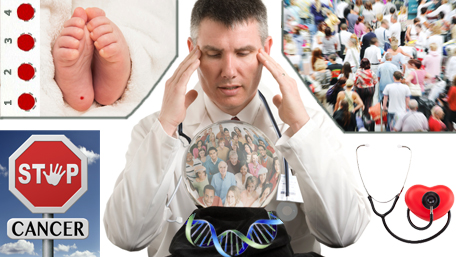
On January 30, 2017, CDC held a special workshop to discuss the role of public health in the implementation of genetic screening programs beyond the newborn period. The workshop brought together panelists from the worlds of medical genetics and public health practice, including cancer, birth defects, and laboratory science. Workshop presenters and a CDC panel discussed
Posted on by 6 CommentsThe Cancer Moonshot, Hereditary Cancers and Population Genetic Screening
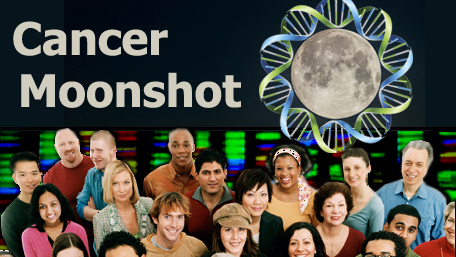
In September 2016, the Cancer Moonshot Blue Ribbon Panel delivered a report with 10 ambitious recommendations to shape cancer research for the next five years. One recommendation is to “expand use of proven prevention and early detection strategies.” [PDF 199 KB] There is a lot we can do to prevent cancer now— even with no
Posted on byFrom Genetic Counseling in Individuals to Cascade Screening in Populations: An Emerging Role for Public Health Practice
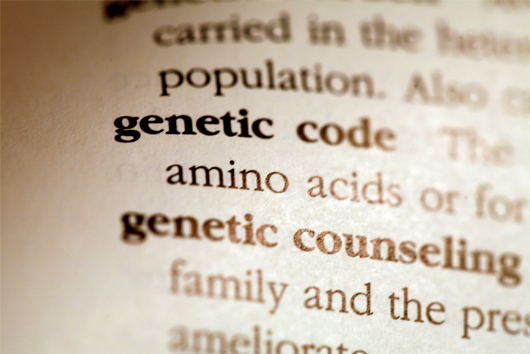
There are more than 2500 diseases for which genetic testing is currently available. Most of these diseases are individually rare conditions but collectively affect millions of individuals and families worldwide. Genetic diseases are usually caused by mutations in one or a few genes that may confer a high risk of illness, disability and early death.
Posted on by 1 CommentTracking the Contributions of Implementation Science to the Population Health Impact of Genomics and Precision Health: A New Knowledge Base
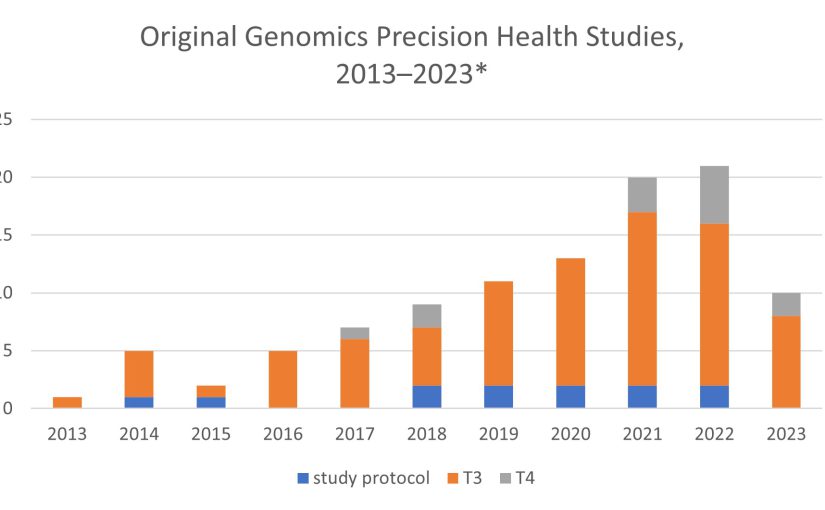
Successful implementation of evidence-based genomic and precision health interventions requires an understanding of what works and what doesn’t work within the context of various clinical and public health settings. Research and evaluation that incorporate implementation science tools and methods into the translation of these interventions facilitate this. Here we present a new CDC knowledge base,
Posted on by 1 CommentFamilial Hypercholesterolemia Screening in Children and Adolescents in the United States: Where Are We Heading?
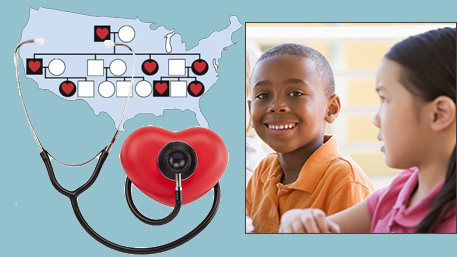
A September 2022 publication recommended that every European country should have a Familial Hypercholesterolemia program for early detection screening, diagnosis, and care. Familial Hypercholesterolemia (FH) is a genetic condition that results in elevated levels of low-density lipoprotein cholesterol (LDL-C) from birth, resulting in increased risk of heart disease and myocardial infarction. A 2021 blog from
Posted on byFrom Guthrie to Genomes: The Continued Evolution of Newborn Screening
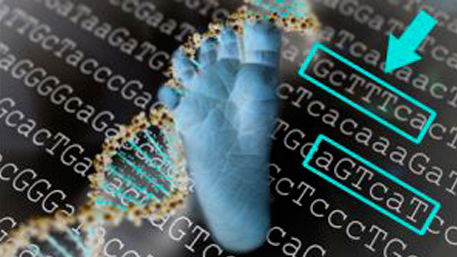
Two recent articles by Bick et al. and Watson et al. discussed the future of newborn screening and identified considerations and needs for the evolution of the newborn screening system as it tries to meet the growing demands to screen for more rare diseases and incorporate genomic technologies. As newborn screening (NBS) moves past 60
Posted on by 1 CommentImproving access to genetic services for underserved populations: Amish, Mennonite, and other Plain communities

Lack of access to genetic services in rural areas could contribute to disparities in quality of care, but tailored approaches can overcome some barriers and improve care. Here we present the example of the Midwest Genetics Network (MGN) outreach with the Plain communities. Plain people are descendants of the Anabaptists who emigrated to the United
Posted on byFrom Guthrie to Genomes: Expanding Bioinformatic Capabilities in Newborn Screening Programs
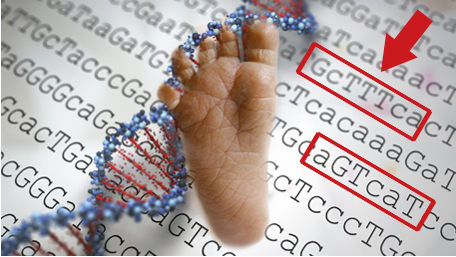
Through a funding opportunity from CDC’s Office of Genomics and Precision Public Health in collaboration with the Office of Advanced Molecular Detection, CDC’s Newborn Screening and Molecular Biology Branch will conduct a two-year project to develop a streamlined national newborn screening (NBS) bioinformatics pipeline to help in expanding the use and utility of gene and
Posted on byApplications of Polygenic Risk Scores to Population Health: Where Are We?

An international multidisciplinary group of experts in genetics, law, ethics, behavioral sciences, and other fields reviews the state of science on polygenic scores and highlights risks and gaps before widespread use in practice. Polygenic risk scores (PRS) combine the small effects of many genes across the human genome to estimate the risk of a disease
Posted on byStool-based Colorectal Cancer Screening in the COVID-19 Era
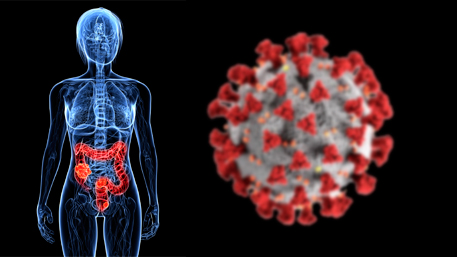
The COVID-19 pandemic continues to exact a devastating public health toll and in many indirect ways. While people work from home and avoid social contact, many may also be skipping important preventive care. Findings released in May of 2020 indicated a drop of between 86% and 94% in preventive cancer screenings in 2020 compared with
Posted on by

